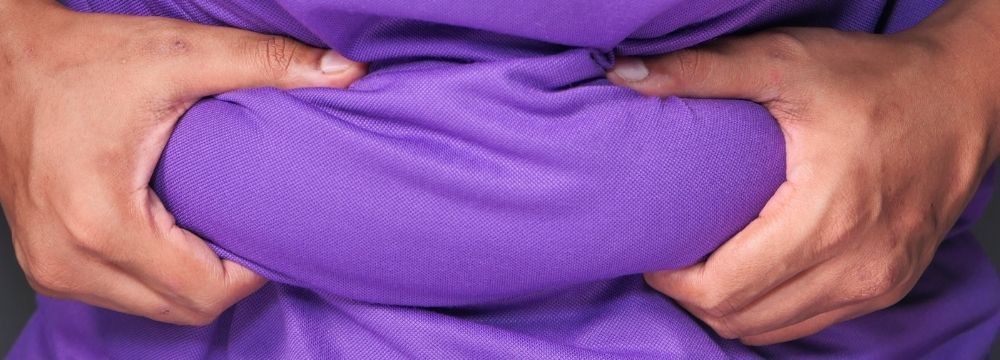Dealing With Excess Skin After Weight Loss Surgery
If you’ve done any research about weight loss surgery, you’ve probably come across some startling photos of people with large amounts of excess skin. If you are considering weight loss surgery, the fear of unsightly loose skin may understandably make you reluctant to pursue it. Thankfully, there are several tips and tricks to mitigate excess skin and surgical scars. In this article, we’ll share a few strategies to combat it.

The first step is to understand the structure of our skin. The innermost layer of our skin is made up of collagen (which provides structure and firmness) and elastin (which allows for elasticity and bounce). Our skin is designed to naturally expand with body changes such as childhood growth and pregnancy. However, our collagen and elastin can become damaged if our skin has been significantly stretched for a long time due to obesity. Then, when we rapidly lose weight, our skin is unable to return to its former size ultimately. The result is excess loose skin.
Excess skin can be problematic. It can be uncomfortable to carry around, especially during dynamic exercises. Loose skin can be painful during running or jumping. It can also lead to irritation where skin lays on top of more skin. The moisture and warmth in those folds are the perfect environments for infections. Excess skin can also take a mental toll. It can lead to poor body image and a negative self-concept.
So, what can we do to reduce it? As is so often the case, the best defense is a good offense. In this case, that means having a plan and implementing it as early as possible. Ideally, this means you will start your skincare routine even before losing weight to help prep your skin for the transformation.
The best skin care will be products that speed up skin cell turnover. These products will essentially trigger your body to produce newer, younger, healthier skin cells faster than usual. Look for products that contain Retinoids (retinol, tretinoin, Retin-A, vitamin A). They should be in packaging that protects the product from light (no clear bottles) and air (no jars). This will prolong the life and potency of the retinol. If you’re going to spend money on it, it might as well work, right? Retinols can be irritating to the skin when you first start using them. So, start with lower concentrations and work your way up.
There are also higher-tech (and higher price tag) options you can investigate. Microneedling, IPL, Fraxel Laser, Radiofrequency, and Ultrasound treatments can help rebuild collagen and elastin. These procedures usually must be performed by a doctor or nurse and can leave your skin irritated for a day or two. But, with that higher price tag and day of redness come some great results!
The most expensive and certainly most effective option for dealing with excess skin is surgery. Surgery to remove excess fat from the abdomen is called a panniculectomy. There are specific cosmetic surgeries for common problem areas (tummy, inner thighs, upper arms, neck, etc.) Make sure to research to find a reputable surgeon who has experience with excess skin removal. These surgeries are usually, but not always, considered elective and therefore are not covered by insurance. Prices can vary. Be prepared for significant downtime too. Although it can be relatively easy to bounce back after weight loss surgery, skin removal surgery can have you in recovery for longer.
Some people may be fine with their loose skin. They may view it as a badge of honor – a tangible reminder of their hard work and all they’ve accomplished. If anything, these people may choose to wear clothing that minimizes the appearance of loose skin. Choosing clothing that covers the upper arms, midriff, and upper thighs is usually all that’s needed.
It’s impossible to know beforehand how significant your loose skin will be. Factors that affect it are everything from the amount of time you were overweight, the amount of weight you lose, age, sun exposure, smoking, and even genetics! And it’s important to remember that your skin WILL retract on its own to a degree. The best thing you can do is give it time and TLC.



